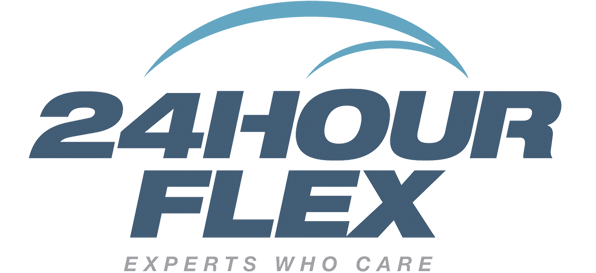It’s no secret that health savings accounts (HSAs) are widely and often  woefully misunderstood. This communication breakdown has manifested itself in misconceptions even among financial advisors—a cohort that many Americans entrust with helping them make critical decisions about their financial futures.
woefully misunderstood. This communication breakdown has manifested itself in misconceptions even among financial advisors—a cohort that many Americans entrust with helping them make critical decisions about their financial futures.
A HSA is a better retirement savings vehicle than a 401(k), but not all advisors are aware of this, nor that contributions to HSAs aren’t subject to federal income taxes; earnings from interest and investments are tax-free; and distributions from a HSA to pay for qualified medical expenses are tax-free.
“A real opportunity exists for financial advisors to play a major role in educating business owners about the benefits of health savings accounts for both their business and their employees,” said Kristi Rodriguez, leader of the Nationwide Retirement Institute.
We could not agree more.
The Institute recently ran a survey that found that three in four business owners are interested in talking to a financial advisor about employee benefits that reduce company taxes, increase retirement savings or offer employee tax savings—each of which are boxes that can be checked with the inclusion of a HSA in a benefits portfolio.
As both employees and employers express increased interest in HSAs, it’s important that more financial advisors become better-versed in the benefits of these accounts. However, there are plenty of high-profile advisors who have already gotten the memo and are shouting the merits of HSAs from the (virtual) rooftops.
Here’s what five top advisors have to say about these triple-tax-advantaged accounts:
“In my experience, a lot of planners focus on investments rather than insurance, so unless they themselves are purchasing individual health insurance or have lots of clients who do, they’re usually not very familiar with independent HSAs and don’t know in-depth details about them."
"Most [of my] clients did not know HSAs existed, but were excited they could get an additional tax deduction. Many did go through with opening their own HSAs and have max funded them. They felt it was very beneficial and appreciated that I brought the account to their attention.”
—John Chan, CFP, owner of Alamo Insurance and Wealth Management
“[An] upside to HSAs is the high level of control you have over your money. With a HSA, for the most part, you’re in full control over your account. This means that you’re the one calling the shots—which procedure you get, which doctor you see, which medical expenses you pay from the account, etc. Money in your HSA can also be used to cover procedures that aren’t typically covered by traditional insurance plans. Another added benefit is the fact that you’re able to use the money in your account to cover medical expenses for your spouse or any dependents you might have.”
—Jean Chatzky, financial editor of “Today” show, award-winning personal finance journalist, AARP’s personal finance ambassador and host of the podcast HerMoney.
“The keys to building an HSA balance that carries over into retirement include maxing out HSA contributions each year and investing unused contributions so account balances can grow. If your HSAs don’t offer investment funds, talk to your human resources department about adding them."
"HSAs will continue to become a more important source of funds for retirees to pay healthcare expenses as the use of HDHPs becomes more prevalent. Make sure you maximize your use of these accounts every year.”
—Robert C. Lawton, AIF, CRPS, award-winning 401(k) investment adviser, founder and president of Lawton Retirement Plan Consultants, LLC
“An HSA is packed with tax breaks. Your contributions are tax deductible, the money grows tax-free and when you make a withdrawal to pay for a healthcare expense, there is no tax. Yep, triple-tax free. That’s even better than a Roth IRA! And speaking of retirement, if you don’t need to use the money in your HSA, it just grows from year to year. That makes an HSA a powerful retirement savings account: Money you put in today can grow for years, and then in retirement you can use it—tax free—to pay for your healthcare costs. If your employer kicks in a contribution to an HSA, that’s all the more reason to consider a high-deductible health plan.”
—Suze Orman, author, financial advisor, motivational speaker and television host
“The HSA could be the answer to the health care crisis we have in America. For example, if you have a typical couple at 30-years-old, they can get an 80/20, $1,000 deductible policy for $250 a month. If that same couple took out an HSA they could get that same plan for $150 a month. The difference is that the HSA will pay 100 percent of the costs after the deductible. But the deductible is much higher—like $5,000. You’re saving $100 a month though. With the HSA, you’re also allowed to save your deductible annually into a tax-deductible savings account, and it grows tax-deductible.”
—Dave Ramsey, author, financial advisor and radio show host
Want to learn more about the advantages of HSA?
Source: WEX Health (March 28, 2019). What 5 Top Financial Advisors Say About HSAs. Retrieved from https://wexhealthinc.com/trends-insights-blog/

